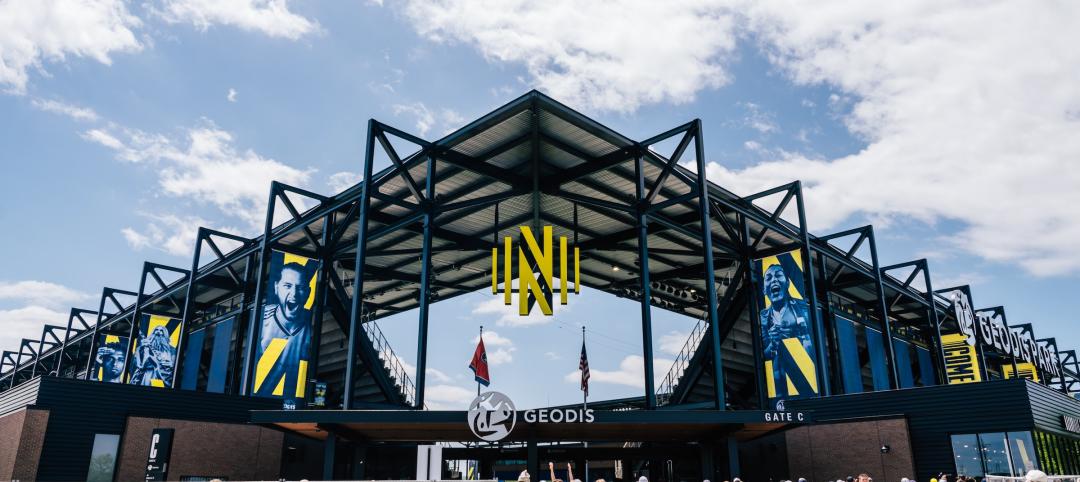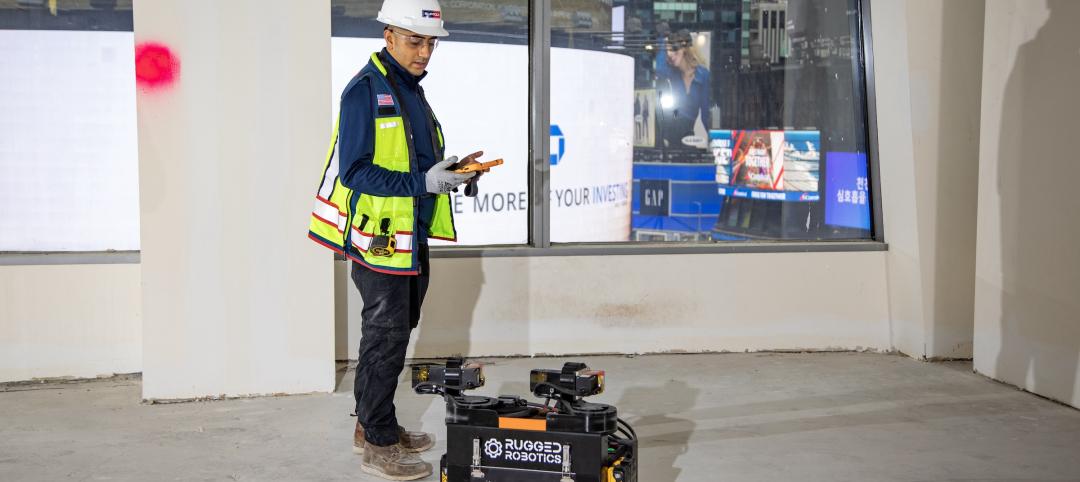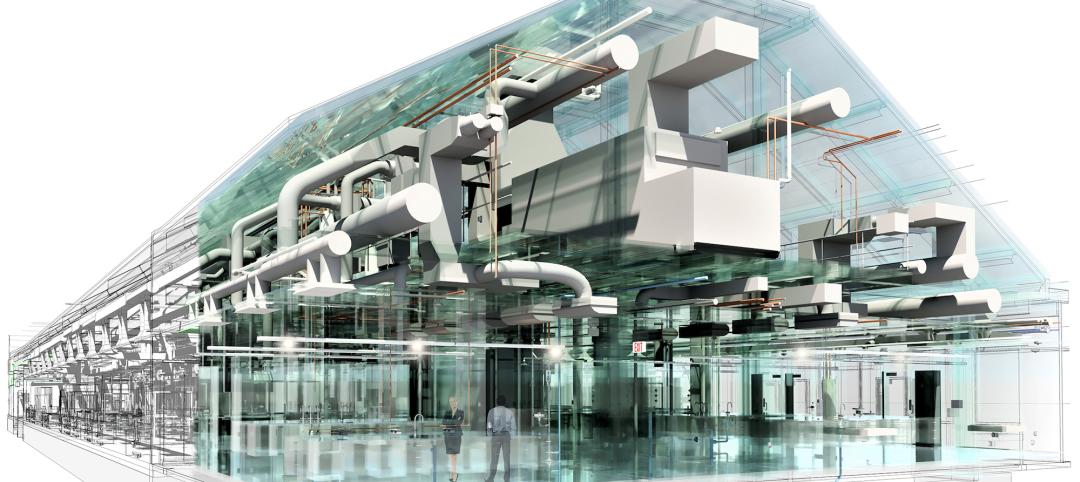The first eight winning cities have been announced for a $42 million, 100-city data-use program.
The competition, called "What Works Cities" and is sponsored by former New York Mayor Michael Bloomberg's foundation, promotes innovation in city government by making the massive amounts of city operations data more publicly accessible to better improve issues like job creation, public health, and blight.
The cities will receive "expert support and peer-to-peer learning opportunities to make government more effective," according to a press release.
The AP reports that the eight cities—Seattle; New Orleans; Louisville, Ky.; Jackson, Miss.; Mesa, Ariz.; Chattanooga, Tenn.; Kansas City, Mo.; and Tulsa, Okla.—will each receive portion of the $42 million.
The press release provided examples of how cities are relying on data and evidence to deliver better results for city residents:
• New Orleans used data to reduce blighted residences by 10,000 and increased the number of homes brought into compliance by 62% in two years. The city’s “BlightStat” program has put New Orleans, once behind in efforts to revitalize abandoned and decaying properties, at the forefront of national efforts.
• New York City focused efforts to reduce air pollution and improved the health of residents after the local government studied and publicly released data showing which areas of the city were most polluted, and which local sources were contributing the most harmful air pollutants.
• Louisville is using data from volunteers who attached GPS trackers to their asthma inhalers to better identify and target the sources of air pollution.
• Kansas City, Mo., achieved a 20% increase in overall satisfaction with the city’s image since 2010, after using data from their annual citizen survey and 311 services to drive decision-making for city departments.
The What Works Cities program is open for cities between 100,000 and one million people, and 110 cities have already applied. More winners will be chosen through 2017.
Related Stories
AEC Tech | Apr 30, 2024
Lack of organizational readiness is biggest hurdle to artificial intelligence adoption
Managers of companies in the industrial sector, including construction, have bought the hype of artificial intelligence (AI) as a transformative technology, but their organizations are not ready to realize its promise, according to research from IFS, a global cloud enterprise software company. An IFS survey of 1,700 senior decision-makers found that 84% of executives anticipate massive organizational benefits from AI.
AEC Innovators | Apr 26, 2024
National Institute of Building Sciences announces Building Innovation 2024 schedule
The National Institute of Building Sciences is hosting its annual Building Innovation conference, May 22-24 at the Capital Hilton in Washington, D.C. BI2024 brings together everyone who impacts the built environment: government agencies, contractors, the private sector, architects, scientists, and more.
BIM and Information Technology | Mar 11, 2024
BIM at LOD400: Why Level of Development 400 matters for design and virtual construction
As construction projects grow more complex, producing a building information model at Level of Development 400 (LOD400) can accelerate schedules, increase savings, and reduce risk, writes Stephen E. Blumenbaum, PE, SE, Walter P Moore's Director of Construction Engineering.
AEC Tech | Mar 9, 2024
9 steps for implementing digital transformation in your AEC business
Regardless of a businesses size and type, digital solutions like workflow automation software, AI-based analytics, and integrations can significantly enhance efficiency, productivity, and competitiveness.
AEC Tech | Feb 28, 2024
How to harness LIDAR and BIM technology for precise building data, equipment needs
By following the Scan to Point Cloud + Point Cloud to BIM process, organizations can leverage the power of LIDAR and BIM technology at the same time. This optimizes the documentation of existing building conditions, functions, and equipment needs as a current condition and as a starting point for future physical plant expansion projects.
AEC Innovators | Feb 28, 2024
How Suffolk Construction identifies ConTech and PropTech startups for investment, adoption
Contractor giant Suffolk Construction has invested in 27 ConTech and PropTech companies since 2019 through its Suffolk Technologies venture capital firm. Parker Mundt, Suffolk Technologies’ Vice President–Platforms, recently spoke with Building Design+Construction about his company’s investment strategy.
AEC Tech | Jan 24, 2024
4 ways AEC firms can benefit from digital transformation
While going digital might seem like a playground solely for industry giants, the truth is that any company can benefit from the power of technology.
AEC Tech | Jan 8, 2024
What's driving the surge of digital transformation in AEC today?
For centuries, the AEC industry has clung to traditional methods and legacy processes—seated patterns that have bred resistance to change. This has made the adoption of new technologies a slow and hesitant process.
Digital Twin | Jul 31, 2023
Creating the foundation for a Digital Twin
Aligning the BIM model with the owner’s asset management system is the crucial first step in creating a Digital Twin. By following these guidelines, organizations can harness the power of Digital Twins to optimize facility management, maintenance planning, and decision-making throughout the building’s lifecycle.
Digital Twin | Jul 17, 2023
Unlocking the power of digital twins: Maximizing success with OKRs
To effectively capitalize on digital twin technology, owners can align their efforts using objectives and key results (OKRs).
















